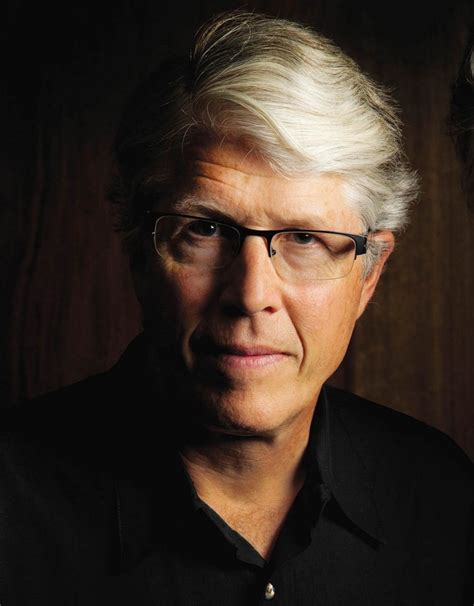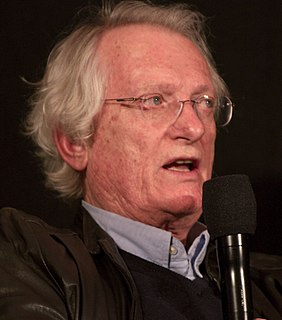A Quote by Stephen King
Outlines are the last resource of bad fiction writers who wish to God they were writing masters' theses.
Related Quotes
I love the resource of the Internet. I use it all the time. Anything I'm writing - for example, if I'm writing a scene about Washington D.C. and I want to know where this monument is, I can find it right away, I can get a picture of the monument, it just makes your life so much easier, especially if you're writing fiction. You can check stuff so much quicker, and I think that's all great for writers.
When I taught at the University of Houston in the Creative Writing program we required the poets to take workshops in fiction writing and we required the fiction writers to take workshops in poetry. And the reason for that is because the fiction writers seemed to need to learn how to pay greater attention to language itself, to the way that language works.
































